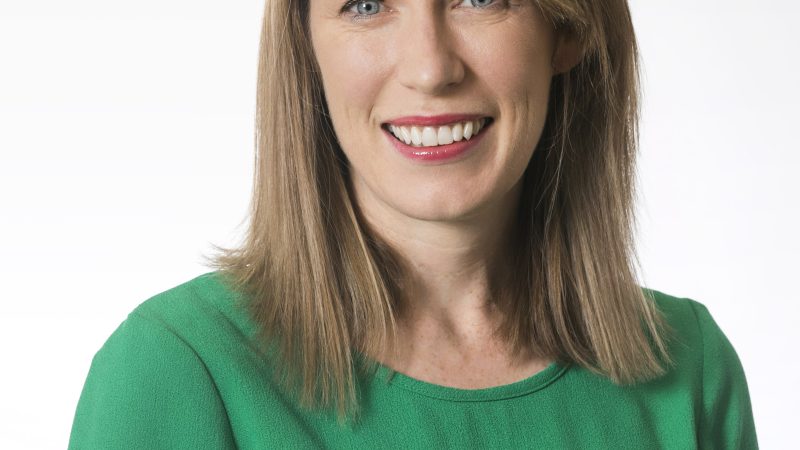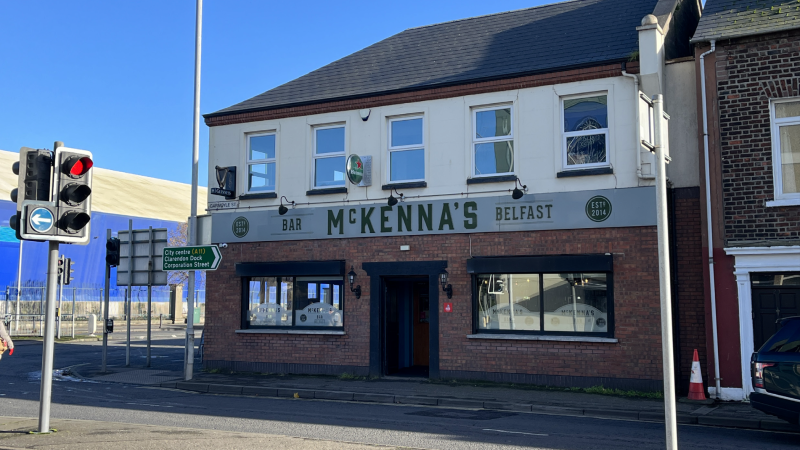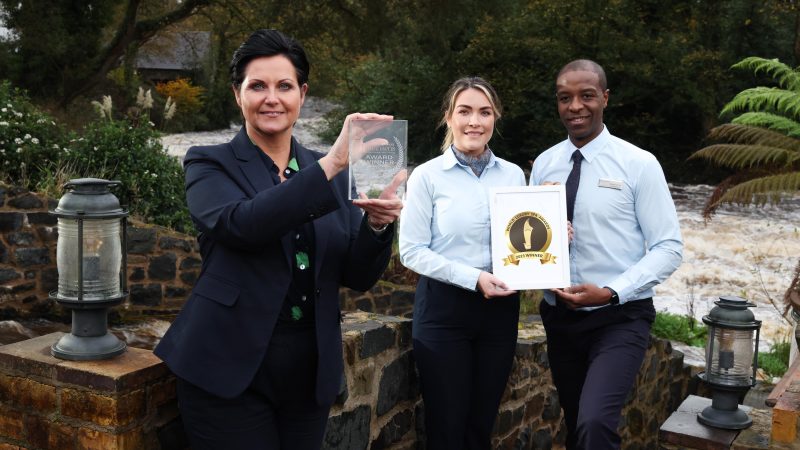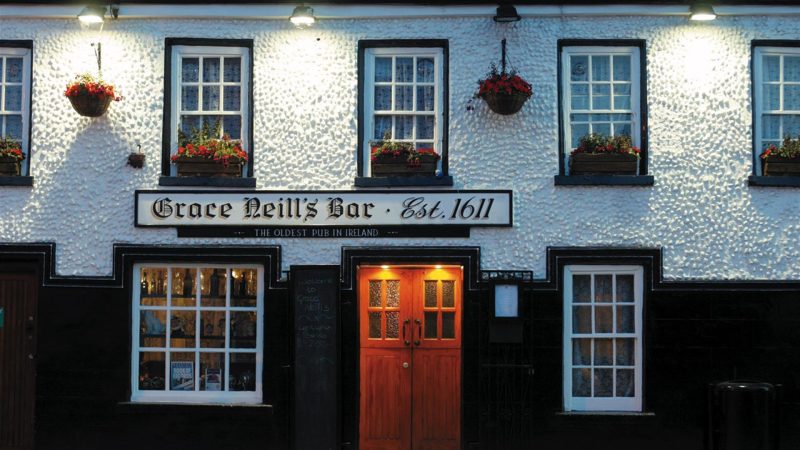The greatest pleasure in life

Tom and Patricia Gilbert’s steadily expanding organic farm business at Ballylagan near Ballyclare is testament to an increasing consumer demand for healthy, locally-produced fruit, vegetables and meat. Tom has been talking to LCN…
Disillusionment with a career in the motor trade led Tom Gilbert to return to his parents’ farm at Ballylagan near Ballyclare in 1990, where he set about carving a new livelihood from the family small-holding as an organic farmer.
It was a risky decision at a time when organic farming was garnering little in the way of consumer interest. Tom’s parents, Kathleen and Stephen, had taken on the farm in 1976 and most of it had been let to other farmers, although Kathleen had retained a small portion of the land to raise cows and a few hens.
Initially, Tom, now aged 62, had 70 acres to work with and he ran the farm conventionally for just a few months:
“It was just beef initially, then we added sheep and pigs,” he told LCN. “We also started to grow vegetables and we had hens intermittently…But I couldn’t see how such a small farm could really make money unless it had some niche.
“The obvious thing was to go organic, but at that time, there weren’t many people who were interested in it,” he added. “I think it was a good idea, but it wasn’t a money-spinner for me.”
Tom was convinced, however, that for health and environmental reasons as well as the financial imperative, the organic route would make the farm a success and so they persevered.
“I daresay there had been a certain amount of apprehension when we took the farm on,” recalled Tom. “But my wife had a good job as a landscape architect at the time and it was that which enabled me to enter into this madness.”
In 2010, Patricia finally bowed out of her full-time employment and pitched in with the burgeoning farm project at Ballylagan.
The couple have raised beef throughout, mostly Aberdeen Angus, and now they also produce lamb and pork. In the early days of the project, they grew vegetables for their own consumption, but in 1998, they opened a farm shop to boost their income and it now sells the broad range of vegetables that are produced at Ballylagan, including peas, beans, cabbages, turnips, swedes and onions – as big a selection as its profitable to grow in this country, says Tom.
Everything, including the meat from Ballylagan, is produced organically:
“There’s no quick and easy answer as to what makes this approach better than conventional farming,” remarks Tom. “For me, the most important thing is what is not in the food rather than what is. For example, most conventional farmers will regularly use Ivermectin to control parasites, but that’s forbidden in organic production. And because it’s such a potent product, it will remain active even in the dung of the animals.”
People often remark to Tom how good the produce at Ballylagan tastes and often, they’ll say it tastes better than conventionally-produced food:
“Sometimes it does, but quite often, it tastes no differently,” concedes Tom. “Those that mass-produce food these days have become very good at making it tasty and to be honest, anyone that tells you that organic food always tastes better is talking rubbish but for me, that’s not really the point. What is important is the sustainable production methods that we use and the lack of chemicals in the food, those are the crucial things for me.”
Since taking over the farm in the 90s, Tom and Patricia have grown it to 120 acres and in 2011, they opened a tea room on site followed by a four-bedroom guest house the following spring. They don’t grow vegetables for wholesale at Ballylagan but they do use as much of their own food as they can in the guest house and the tea room, which was officially opened by Prince Charles in 1998. As well as organic beef, lamb, pork and vegetables, the shop also stocks a range of homemade jams and chutneys.
“There’s no easy way to make money in farming and our reason for diversifying into these other things was to try and make the small-holding pay,” adds Tom. “If you’re in beef production for example, I’m told that you need a minimum of 250 acres and that will support one man. Or on an arable farm, you need 500 acres.”
Yet the most challenging aspect of farming at Ballylagan has little to do with crop schedules, weather forecasts or margins – Tom declares that government bureaucracy is the most time consuming and unproductive aspect of the work.
“The most rewarding part is watching things grow,” he adds. “I think that one of the greatest pleasures in life is watching seeds germinate and push through the ground for the first time.”
Tom and Patricia have no major plans for further development at Ballylagan at present, they are focused on consolidating and improving the facilities that are already there. However, Tom is planning to open an organic butchery on the site sometime in the new year, although it will open only at those times when there a supply of meat available to stock it.











